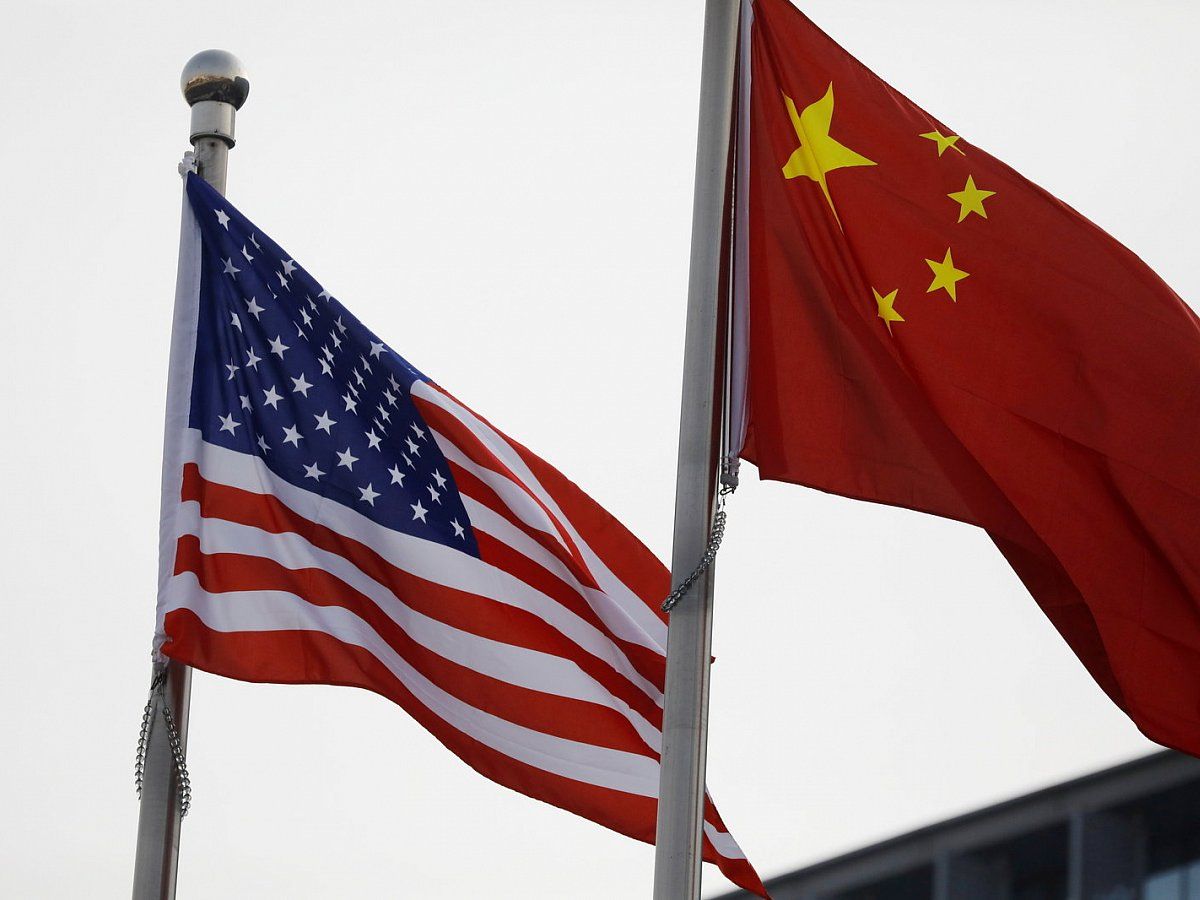Beijing prepares for US-China reset under Biden

A few minutes every morning is all you need.
Stay up to date on the world's Headlines and Human Stories. It's fun, it's factual, it's fluff-free.
Now that President Biden has been sworn into office, how is China preparing for his administration and why did they allegedly want him to win in the first place?
Former Vice President Joe Biden’s presidential campaign was often touted as a “return to normalcy” for American politics, but would that include a return to America’s traditional foreign policy stance toward China?
It appears that Beijing may have thought so.
A United States intelligence report suggested that while Moscow wanted the former vice president to lose the 2020 election, Beijing wanted him to win. Now that President Biden has been sworn into office, how is China preparing for his administration and why did they allegedly want him to win in the first place?
Xi between Obama and Trump
President Biden is a known commodity for Chinese President Xi Jinping and his regime in Beijing. The Chinese leader became the General Secretary of the Communist Party on November 15, 2012, a few days after former President Barack Obama was elected to a second term. President Xi announced his signature Belt and Road Initiative (BRI) in Kazakhstan the following year.
The Obama administration’s pivot toward Asia was crafted to counter Beijing’s expanding influence on the continent, particularly in the South China Sea. The Obama administration also participated in the Trans-Pacific Partnership (TPP), a free-trade agreement designed to tighten the relationship between the various Pacific nations threatened by China. President Donald Trump withdrew the US from the agreement in one of the first acts of his presidency.
Despite the Obama administration’s suspicion of China’s growing influence, the administration nonetheless was not that different from previous presidential administrations and, as a result, approached US-China relations in a way that Beijing has come to expect.
While the Obama administration did express concern over China’s influence among other nations, it did aim to lessen America’s role in the world. While talks of resurrected isolationism are synonymous with President Trump’s “America First” policies, skepticism of Pax Americana is evidenced with President Obama’s pledge to focus on “nation building at home.”
Ultimately, the predictability the Obama administration provided did not last long. Trump’s shocking electoral victory threw a veil over what the future of American foreign and defense policy would look like.
There is little doubt that President Xi and his lieutenants in Beijing did not like what came next.
While Trump’s withdrawal from the TPP might have initially seemed promising – as a candidate, Trump spoke openly of his belief that the TPP favored China – the next four years saw the relationship between Washington and Beijing sink even lower, primarily due to the trade war and tariff regime Trump imposed on China, as well as his administration’s vocal opposition to much of China’s foreign, domestic and trade policies.
Presumably, the Biden administration will reverse Trump’s policies and style of diplomacy. But how will Beijing handle a less coercive leader in the White House while still moving forward with their strategic objectives?
American reset or American overload?
In March 2009, two months after President Obama’s inauguration, then-Secretary of State Hillary Clinton met with Russian foreign minister Sergey Lavrov. Secretary Clinton brought a gift with her: a bright red button that she believed to have read “reset” in Russian. Instead, it read “overcharge.”
This was the beginning of the “Russian reset,” an attempt by the Obama administration to seek a détente with Russia. It went as well as one could expect following the translational error.
That event bears resemblance to Beijing’s policy toward the Biden administration – with a few significant differences.
It is likely that Beijing will put forward the view that the last four years of the Sino-American relationship were a hiccup in what has been a long and prosperous partnership.
China may be wanting a reset that reverses the relationship four years back. All the while, it will be business as usual. Beijing will still increase its military presence in the South China Sea, it will continue its political crackdown on dissent in coastal China and nonconformity in the western provinces and the BRI will plow ahead as planned.
It is doubtful that Beijing is blind to the reality that the Sino-American relationship has permanently changed. Biden has stated that he will not immediately remove some of the tariffs imposed by the Trump administration and he has spoken about the need for America to strengthen its ties with fellow democracies to counter the threat from China and others.
While a Biden administration will be more establishmentarian in its approach to China, that thinking has changed over the last few years. Island building in the South China Sea, debt trap diplomacy and the persecution of the Uighur population have convinced many, if not most, in the American foreign policy establishment that China is the next great geopolitical challenge the US will face.
While Beijing likely desires to move on from the relationship it’s had with the US over the last four years, it probably knows it has lost most of its trust in Washington. China’s leadership likewise senses that the relationship will continue to decline. While that may happen at a slower rate under President Biden, the trajectory of the Sino-American relationship has nonetheless changed forever.
Have a tip or story? Get in touch with our reporters at tips@themilsource.com




Comments ()